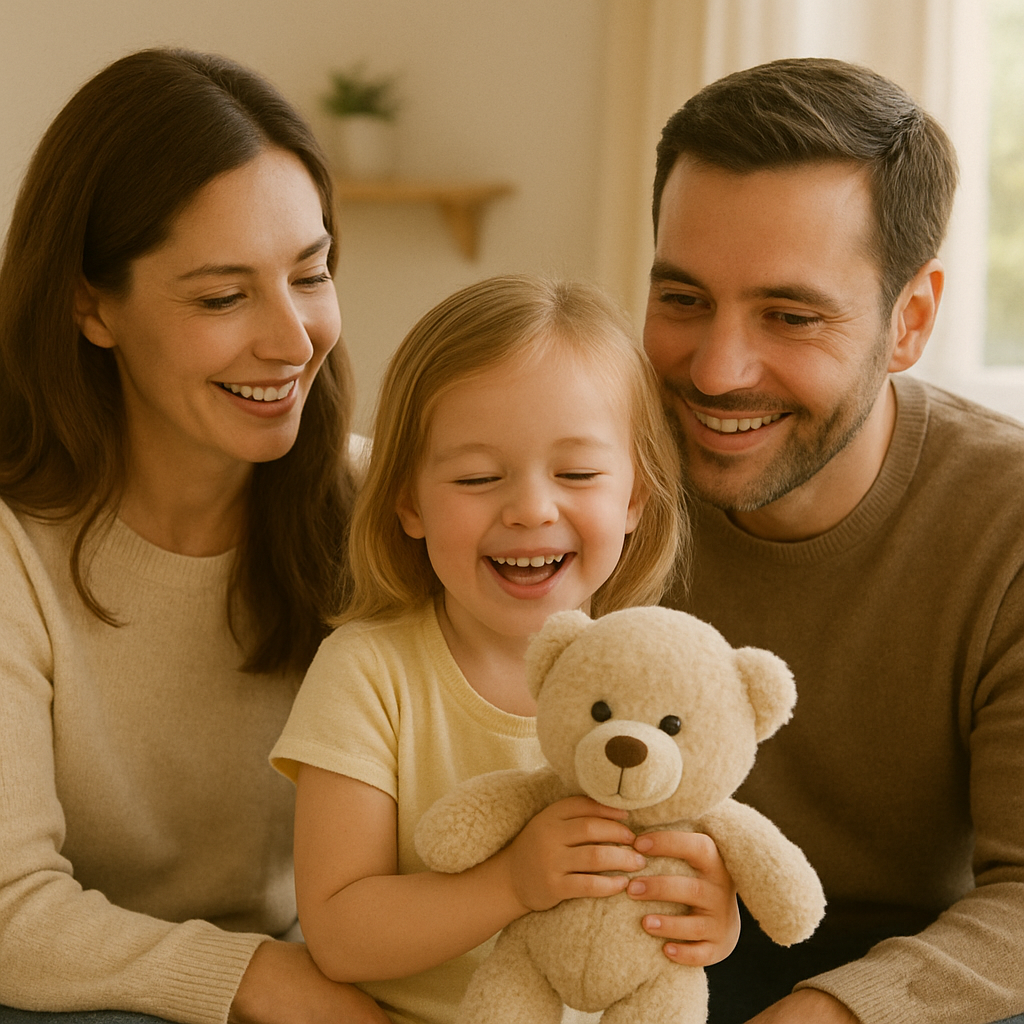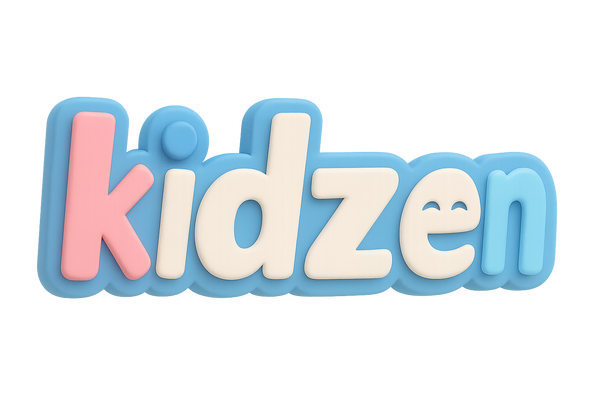
The Emotional Power of Attachment Toys in Child Development
Share
Every parent has seen it—a child clinging tightly to a worn-out stuffed animal or blanket, refusing to leave home without it. While it may seem like a small or even quirky habit, these beloved “attachment toys” hold deep developmental significance. Research shows that having a comfort object can greatly benefit a child’s emotional well-being, social development, and even independence.
Let’s explore why attachment toys are more than just cuddly companions.
🧸 1. Emotional Regulation & Security
Attachment toys act as transitional objects that help children navigate separation from their caregivers. When mom or dad isn’t around, a favorite plush toy offers consistency and comfort.
According to a study in The Journal of Child Psychology and Psychiatry (Lehman et al., 1992), children with attachment objects showed significantly higher self-soothing behavior and lower stress levels in unfamiliar environments like daycare or doctor visits.
🌱 2. Fostering Independence
Paradoxically, the very thing that a child clings to for comfort can also empower them to explore. Having an attachment object creates a sense of emotional safety, which allows the child to venture into new situations with more confidence.
Psychologist Donald Winnicott, who coined the term “transitional object,” suggested that such toys bridge the gap between dependence on caregivers and the desire for independence. It’s a psychological stepping stone.
💬 3. A Tool for Communication
Children often project their emotions onto their attachment toys. This allows them to express feelings they may not yet be able to verbalize—fear, sadness, or joy—through pretend play and dialogue with the object.
A 2013 study in Child Development observed that children using stuffed animals in role-play demonstrated increased emotional awareness and empathy.
👪 4. A Shared Symbol of Connection
For parents, understanding and supporting a child’s attachment to a toy deepens the emotional bond. Whether it’s tucking it in at night or washing it gently when it’s dirty, these small rituals create shared meaning and trust.
📝 Final Thought
A well-loved teddy bear or bunny isn’t just a toy—it’s a symbol of safety, self-expression, and emotional growth. Supporting a child’s connection to their comfort object shows respect for their inner world and fosters long-term emotional resilience.
